It’s time to start planning Book Week ideas for your class! This year, Children’s Book Week will be held from 17 to 23 August, and it’s a perfect opportunity to teach students the importance of reading and writing and get them involved in fun and educational activities.
The Teach Starter teaching squad waved their magic wands and created a list of 10 fun and curriculum-aligned Book Week ideas for you to incorporate into your lesson planning. Keep reading to find out how to weave this year’s Children’s Book Council of Australia (CBCA) shortlisted books and this year’s theme of ‘Reading is Magic’ in your classroom, plus more ideas to make CBCA Book Week a blast.
CBCA Shortlist Books
Before we dive into our teacher team’s favourite ideas for engaging students in the classroom this Book Week, we thought looking at the shortlisted books might inspire your lesson plans! Here are the books the CBCA put on their shortlist this year for its Book of the Year.
Picture Book of the Year
- Bowerbird Blues by Aura Parker
- Every Night at Midnight by Peter Cheong
- If I Was a Horse by Sophie Blackall
- Paper-flower Girl by Mateja Jager (text. Margrete Lamond)
- That Bird Has Arms by Ronojoy Ghosh & Niharika Hukku (text. Kate Temple & Jol Temple)
- Timeless by Kelly Canby
Book the Year: Younger Readers
- Being Jimmy Baxter by Fiona Lloyd
- Huda Was Here by H. Hayek
- Real Pigeons Flap Out by Andrew McDonald (illustrated by Ben Wood)
- Scar Town by Tristan Bancks
- Scout and the Rescue Dogs by Dianne Wolfer (illustrated by Tony Flowers)
- The Sideways Orbit of Evie Hart by Samera Kamaleddine
Book of the Year: Older Readers
- A Hunger of Thorns by Lili Wilkinson
- Grace Notes by Karen Comer
- Inkflower by Suzy Zail
- Let’s Never Speak of This Again by Megan Williams
- The Quiet and the Loud by Helena Fox
- Two Can Play That Game by Leanne Yong
Engaging Book Week Ideas for the Classroom
Review 2024 CBCA Shortlisted Books
A perfect way to get your students involved in Book Week is to encourage them to read the CBCA’s shortlisted books in the classroom and then conduct book reviews. Whether as a group activity or individual reading time, you could make it a challenge to read one book a day in the lead-up to the event and then get your students to review their favourite story.
Teachers can use the book review session as an opportunity for students to identify themes in the book, make inferences and interpret different scenes through drawing.
 Make Book Week Costumes Based on Kids’ Own Characters
Make Book Week Costumes Based on Kids’ Own Characters
Getting dressed up in a book-inspired costume for the school Book Week parade is always a favourite activity for students, but who says that costume has to be based on a published book? Have your students write and publish their own text and then dress up as the character they created!
This is an excellent opportunity for students to work not just on characterisation as they create well-rounded characters by focusing on physical attributes, personalities, backgrounds and motivations, but also to showcase their understanding of a character’s story arc in their narrative.
Find 41 Book Week costume ideas here!
Set up a Street Library at School
You may have walked past quaint library boxes in your neighbourhood or even spotted some outside schools full of free books to exchange. Free book exchanges are a lovely way to encourage literacy and build community, so why not set one up at your school this Book Week? You could fill the book exchange box with CBCA-shortlisted books for kids to read and swap out for another once they’re finished reading.
Students can also get creative by decorating the box with book themes! If you’re jumping at this idea, Street Library Australia has some handy tips for setting up and building your own free library.

Freebie alert! Get your students to write about their Book Week costume with this printable template.
Conduct a Research Task Based on a Book
After reading one of the shortlisted Book Week texts, challenge your students to start a research task based on the book’s theme, a character or the location where the story takes place.
For example, one shortlisted picture book, Bowerbird Blues by Aura Parker, follows the story of a bowerbird searching for blue things for its nest when he comes across the ultimate treasure – a mate. After reading the book, get students to research bowerbird habitats, behaviours and characteristics, and pop the findings in a poster or brochure format to present to the rest of the class.
Go on a Class Excursion to the Library
Kids love excursions, so why not get your class into the spirit of Book Week by taking a trip to your local library? Many city council libraries run fun and educational activities for kids during Book Week, such as a read-along and author visits. Be sure to check out your local library website to explore any free classes, workshops and activities they might offer during Book Week.
Once back in the classroom, you can have your students fill out a reading response worksheet to reflect on what they learned at the library about their favourite books and authors.
Organise a Book Swap
Many children have books that they have outgrown as they have developed their reading skills. Give those older books a new life with a whole school book swap during Book Week.
The swap can be teacher-run, or you could call on your year 6 students to work on their leadership skills by planning and running the entire secondhand book exchange! Students can create brochures and posters advertising the upcoming swap to practise creating informational texts.
Create a Class Book Inspired by ‘Reading is Magic’
After your students have had time to absorb the wonderful CBCA shortlisted books and how they relate to the theme of ‘Reading is Magic,’ get the class together to write and illustrate your own book! You can collaborate and decide on a storyline, such as how your class celebrated and participated in Book Week before each student is assigned a page to create. Once finished, compile all the pages into a book and display it in the classroom or library!
Creating a book is an excellent activity for students to develop their reflective and storytelling skills and creativity. At the end of the school year, you can have the book photocopied and given to every student who collaborated as a special keepsake.
Write a Short Story Using a Writing Prompt
In addition to creating a collaborative book, students can have a go at writing their own short stories. Students can base their short story on a character or scene from one of the shortlisted books or let their imagination run wild by dreaming up a new narrative — the possibilities are endless!
My Dream Story is an excellent writing prompt template for brainstorming and turning bright ideas into a story. Students can use it to:
- Identify characters in the story and draw them in the right lens of the glasses.
- Determine the story setting and draw it in the left lens of their glasses.
- Describe their story in the text box.
- Combine the title, glasses and text on some backing paper.
- Pin it up with all the other students’ work to decorate the classroom for Book Week!
Invite Guest Readers to the School
Your class is accustomed to you reading books to them, so why not change things up a bit for Book Week? Create a list of ‘guest’ readers from the community who come in throughout the week (or over the course of a single day) to read books to your class. You could even work with the teacher librarian to set up a guest reader station in the school library with a roll of different guests visiting to read to the various classes.
Teaching foundation this year? If your class is learning about community helpers, this is a great way to showcase those people from the neighbourhood who make a difference in our daily lives.
Don’t forget to work on letter-writing by creating thank you notes for all of your guest readers!
Go on a Literary Scavenger Hunt
Excite your students for Book Week by challenging them to a literary scavenger hunt around the school! Hide clues around the library or school relating to CBCA-shortlisted books for students to solve and locate specific books! A scavenger hunt is a perfect activity for your class to familiarise themselves with the shortlisted books and use their problem-solving and critical-thinking skills.





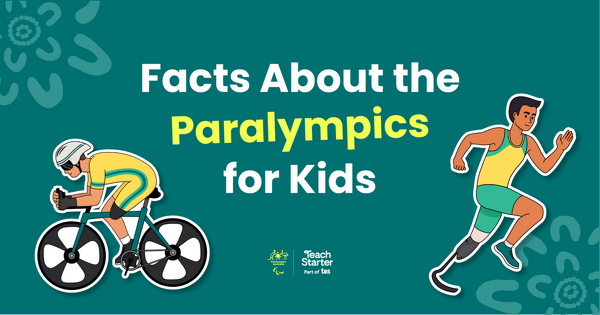

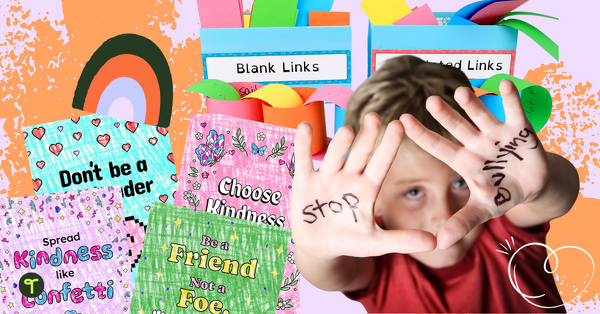
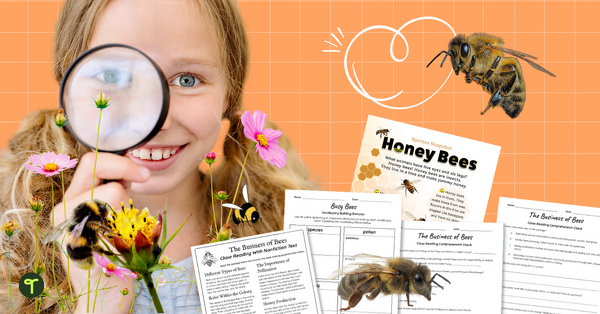
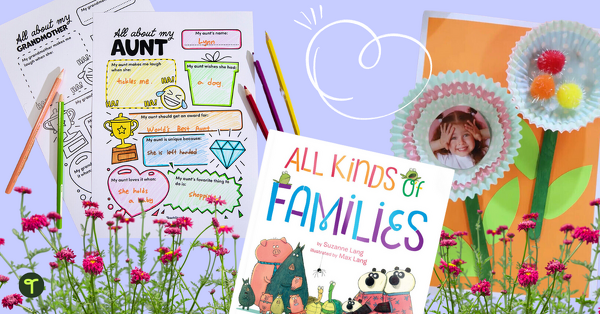
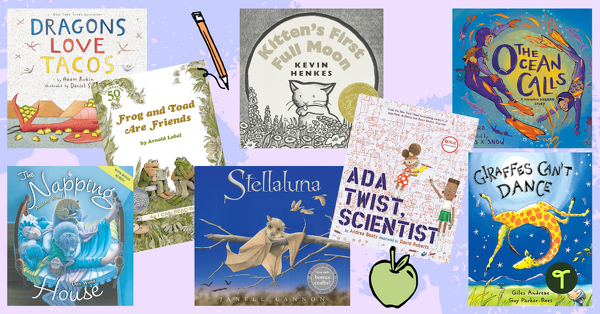
Comments